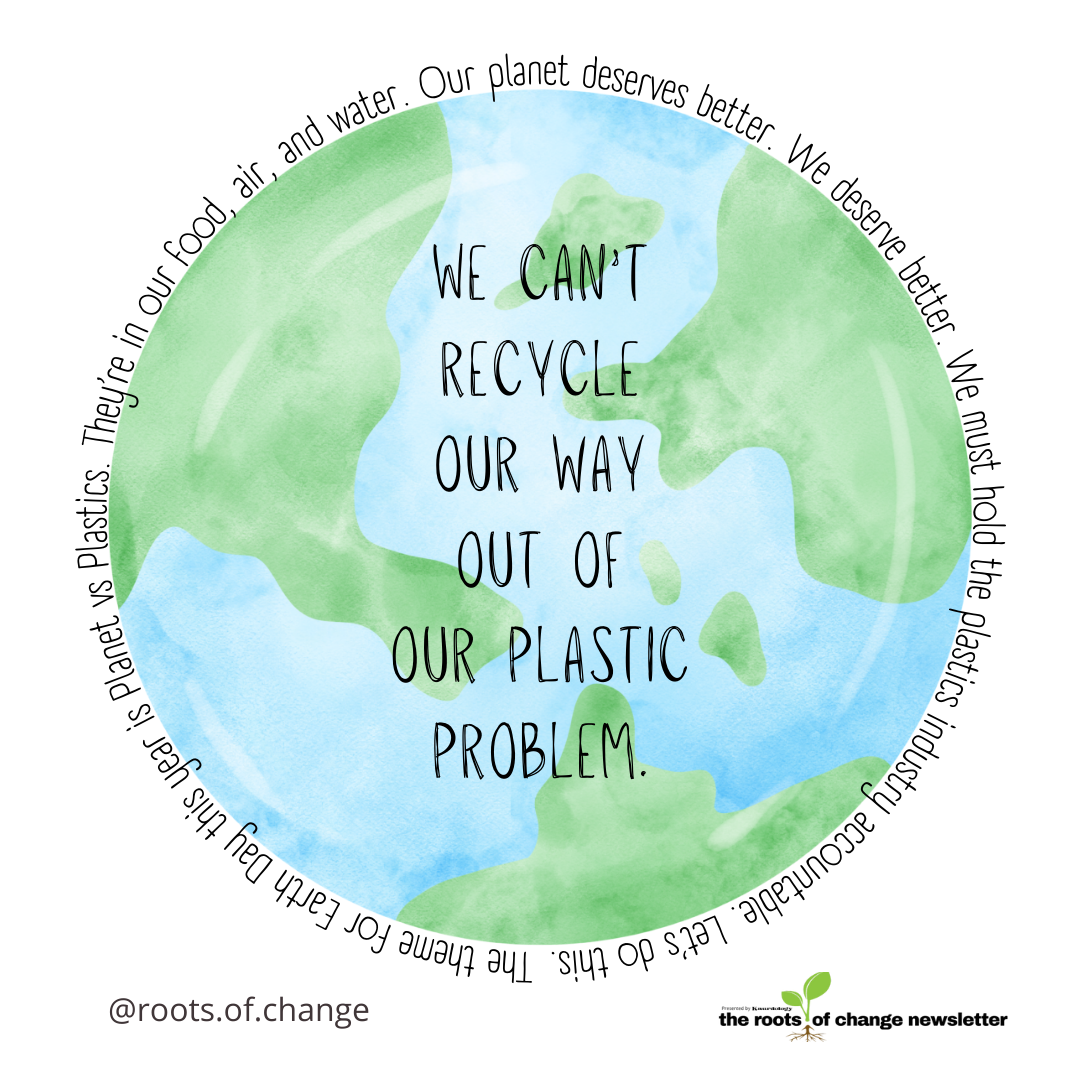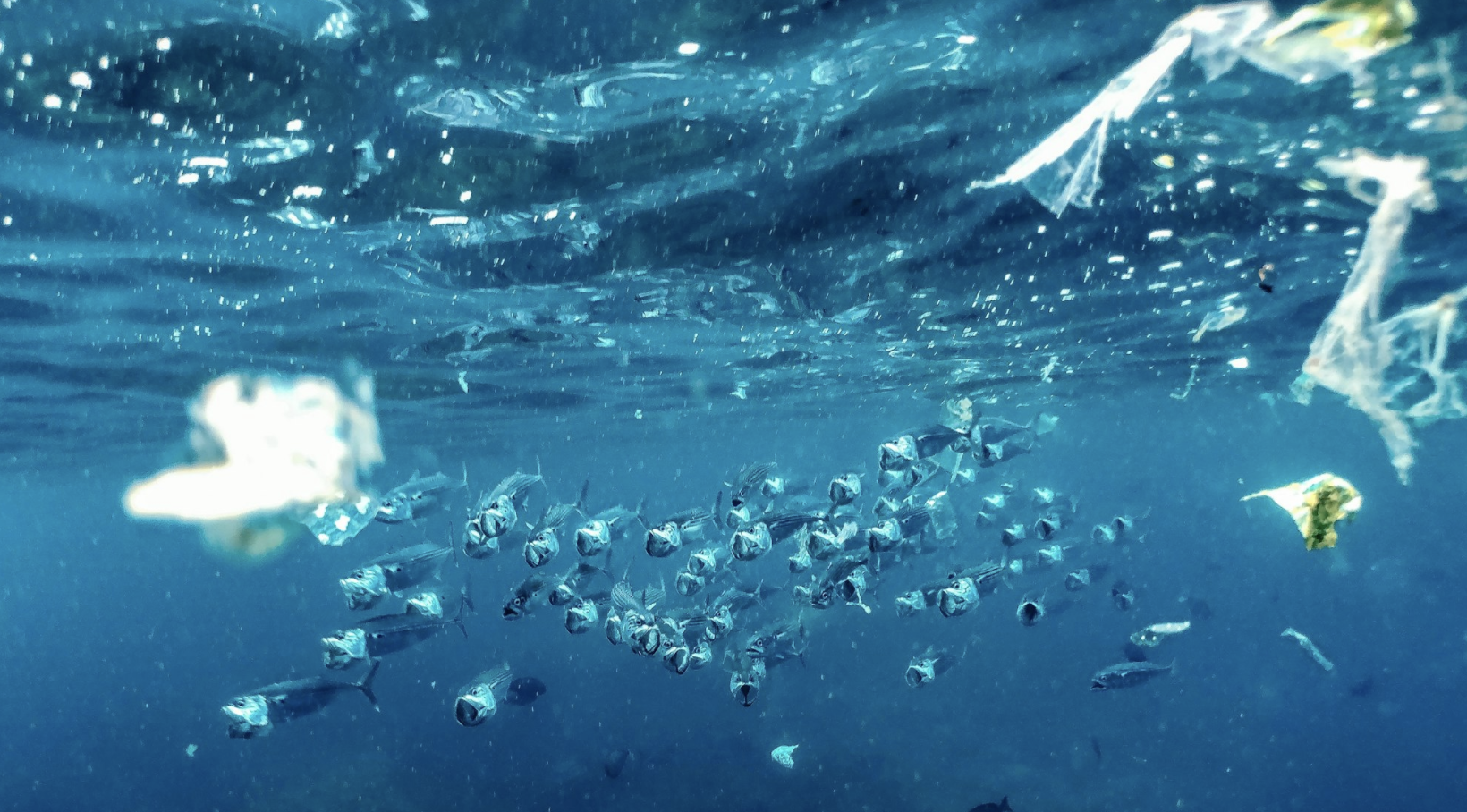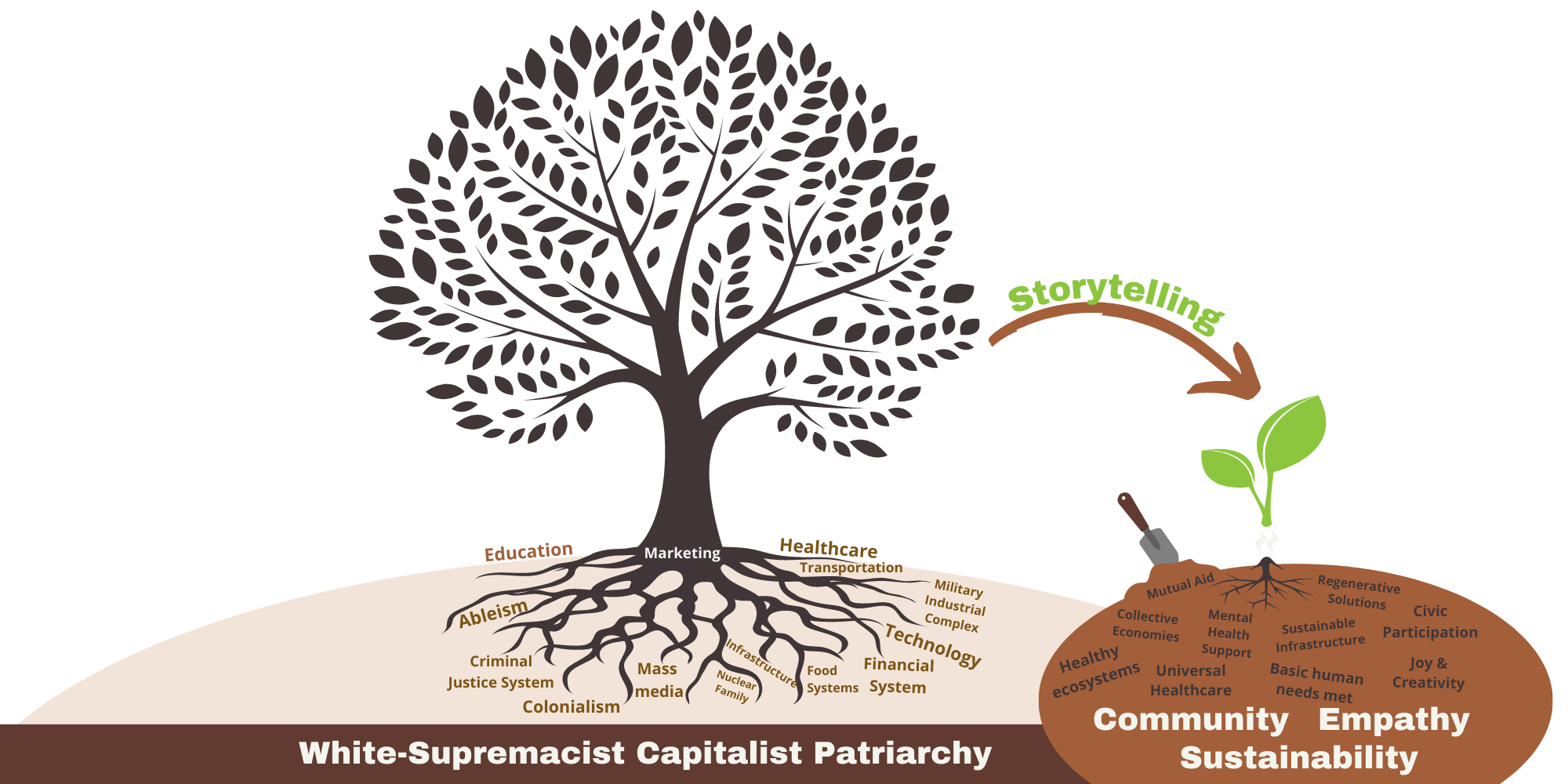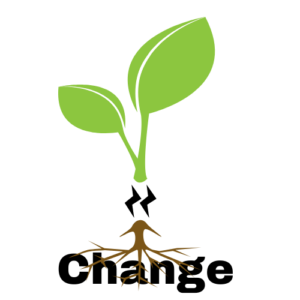
🌱 Are Microplastics a Big Concern? On Sea, Land, and Air
Part IV: Breaking Society's Reliance on Plastics
Table of Contents
Welcome Back! 👋🏼
We can't recycle our way out of the plastics crisis. Experts are only starting to understand how dangerous microplastics are to our planet and bodies. We also talk solutions. Read on for more...
In Case You Missed It: Zero Recycling, All Waste | Co-opting the Circular Economy
Happy belated Earth Day! Did you know that the official theme this year was Plastics vs Planet? From the coverage I saw, it felt like any other Earth Day celebration with much of the efforts being greenwashed. Most of the plastics discussions were about single-use and recycling. Not a great combination to inspire hope for real change.
We know on this newsletter that it doesn't matter if it's single-use or not, it's going to end up infecting our earth in some ways. It's also clear that we can't and won't recycle our way out of this crisis.

The only chance for change is awareness and creating the social willpower to shift regulations and our ways of life on this planet.
Microplastics, Oh My!
The reason I wanted to cover plastics this month was to better understand these things called microplastics that I kept hearing about. Microplastics are what happens when plastics breakdown. As plastic is exposed to the elements and disintegrates, it's burned, or sinks to the depths of the sea, it begins to break down into smaller particles. A microplastic is smaller than five millimeters and a nanoplastic is less than a nanometer. They sound real bad, but exactly why remained a mystery to me. Naturally, I walked up the steps of my local public library and found some books. 'A Poison Like No Other: How Microplastics Corrupted Our Planet and Our Bodies' by Matt Simon was bite sized enough (172 pages) to learn, but not splash into the deep end.
When it comes to the microplastics crisis, it's important to take it slow. Scientists and experts are only just now beginning to understand some of the life-threatening consequences of a constantly growing supply of microplastics and much is still unknown. So to ease in, I want to take us on a trip across Earth to envision how microplastics are impacting our seas, lands, air, and bodies.

From Air, Land, and Sea
Let's imagine the most pristine place you can think of on the planet? What do you think of? The Arctic? Mt. Everest? How does the air feel there? Crisp? Clean? Alas, our sensor pick up microplastics in this remote part of the world.
We soar down from the more remote perch to find more populated areas. We fly over an outstretched road and see trucks and cars driving along a highway in the open desert of the U.S. Southwest. We catch more microplastics here too. This time from the plastic that is mixed with rubber to make modern-day tires. The tires are moving so fast and creating friction to fling up pieces of microplastics into the air. Cars in the U.S. shave off about 3.3 billion pounds of microplastics a year.
It begins the rain. That downpour desert kind of rain. We take cover from the rain that's pouring over Zion National Park. It's best to avoid the plasticized rain, an equivalent of 300 million water bottles fall in just 6 percent of the country's land mass as measured by federal lands. More research will likely show higher concentrations elsewhere.
After the rains, we finally return home from out epic trip to wash our clothes and relax. We set the washer and hear the water rushing as the clothes clean the dirt and grime off our clothes. They also catch microplastics as they rush out to rivers and oceans. Our clothes were actually filled with microplastics fibers that we were shedding on our journey. Those fibers are now getting washed out to sea for the fish to find.
"Rivers are a huge conveyor belt for plastics going out to sea.” – Imogen Napper, University of Plymouth
Some might fall into the Mariana Trench, while others come back in our water or on a fine dining restaurant's menu. Those little microplastic particles streaming out to sea might even make their way to Mt. Everest depending on where the winds blow and the lightweight particles travel.
Early Solutions
There's a much deeper story to each of these examples of how micorplastics are being mixed into every inch of the planet. If you want to step in further, pick up a copy of 'A Poison Like No Other' or Earth Day's website is really helpful! What I think comes through in the journey we took is that we need to contain the spread of microplastics and work to deplasticize the earth.
Some solutions are beginning to take shape that could be scaled to help mitigate the unfettered spread of microplastics that we have now. In the car-dependent U.S., it's not the most practical to just get rid of cars, but some companies are experimenting with microplastics catchers that can attach to a car tire and act like a magnet to picks up about 60% of the microplastics. It's a start to a solution. It could one day be part of everyone's new car package.
When it comes to the microplastics washing out to sea from our clothes and wastewater, California took the first state-wide actions in 2022. The Statewide Microplastics Strategy will create solutions at the source to reduce plastic usage and waste as well as create interventions to stop the flow of microplastics including stormwater runoff, wastewater, aerial deposition. We also might start to see microplastics filters on our washing machines to help catch them at the source. Like the broader climate crisis, the plastics crisis has many elements. Microplastics is one that is only just now gaining traction, but it is very much one we should pay attention to and advocate for regulations and action.
Next week, we wrap up our plastics series with solutions both in the macro and the micro. While plastics are everywhere, it's crucial that we begin the work to shift out of our plasticized world for our own health and for our planets future. See you back again next Tuesday!
Enjoying our newsletter? Subscribe for the full monthly series, learn how to navigate 🧭 social change activism in our digital world, and support our 100% reader-supported work.

- 📚 SCOTUS Takes Away Protest Rights By Doing Nothing - Last week, the Supreme Court stripped away more rights by declining to hear a case. Mckesson v. Doe effectively abolishes the right to protest in the state of Texas, Louisiana, and Mississippi by making protest organizers liable for any violence during a protest. Yes, even if it’s from a counter-protester.
- 🤓 The Root 🌱 - So essentially, a climate protest can be peaceful, but a MAGA dude can light a church on fire and the climate protest would be held liable. The GOPs positions are not popular and their solution is to limit our right to speak up. Their weakness is clear in their continued attempt to suppress our right to speak up.
- 📚 CEO Pay Hits Record - (warning: sarcasm) Congratulations to the hard working CEO’s who raked in a record $23.7 million in pay as a thanks for the record $2.8 trillion in corporate profits not seen since the 1950s. Barron’s reports that 11.4% gain in CEO pay is okay because it’s actually less than what shareholders earned 13.8% stock returns.
- 🤓 The Root 🌱 - Hold up! How did we get record profits? Oh right..price gouging and corporate consolidation. When worker pay is only up 4.3%, you have to ask yourself, what’s so great about a CEO vs. all of the workers who make that business operate? Who deserves the wealth from work?
- 🎬🤣 Breaking News! Empathy Condition is on the Rise - @thezolyspirit spoofs the news with this clever take on the rise of a condition called Empathy (or em-pay-tee as she pronounces it) and “the symptoms” to watch out for.
- 🤓 The Root 🌱 - The kids are all about social and emotional learning and have refused to dehumanize the issues of our time. Part of the backlash on the right is their reaction the what they see as the harms of empathy.

🧰 Our Resource Store is Live, Again!
We’ve been working on consolidating our tech so that you can find everything Roots of Change related on our media website and our agency website. We made a big step last week by bringing all of our toolkits, guides, webinars, and templates to our agency website and away from Gumroad. This helps you, because it's a faster and smoother process. It helps me take another step away from Big Tech.
Browse our new hub or click on our most recent resources below:
- Radicalizing Your Tech Stack: A Case Study
- Email Domain Verification Toolkit
- 2024 Content Calendar & Strategy Hub
- 2024 Communications Strategy Presentation Template
- Google Grants Planning Toolkit


Israel & the U.S. are orchestrating a master class in using language to downplay their violence and claim non-violent protests are violent. Language Matters. Find our latest videos on our 🎬 Quick Bites page.
@roots.of.change Israel & the U.S. are orchestrating a master class in using language to downplay their violence and claim non-violent protests are violent. WaronGaza Nonviolence languagematters
♬ original sound - Sam @ Roots of Change - Sam @ Roots of Change
And that's a wrap on this week’s newsletter! We hope you found this helpful in your work. Forward this to a friend and help democratize communications! If you have any topics you want covered or have any questions, please reach out and let me know.
In Solidarity,
Sam Chavez
Roots of Change Founder
🌱 the roots of change newsletter 📚 Newsletter
Join the newsletter to receive the latest updates in your inbox.








